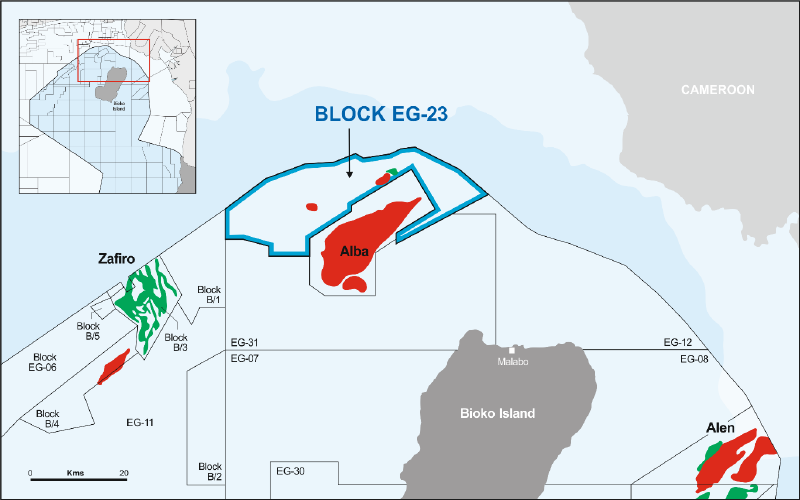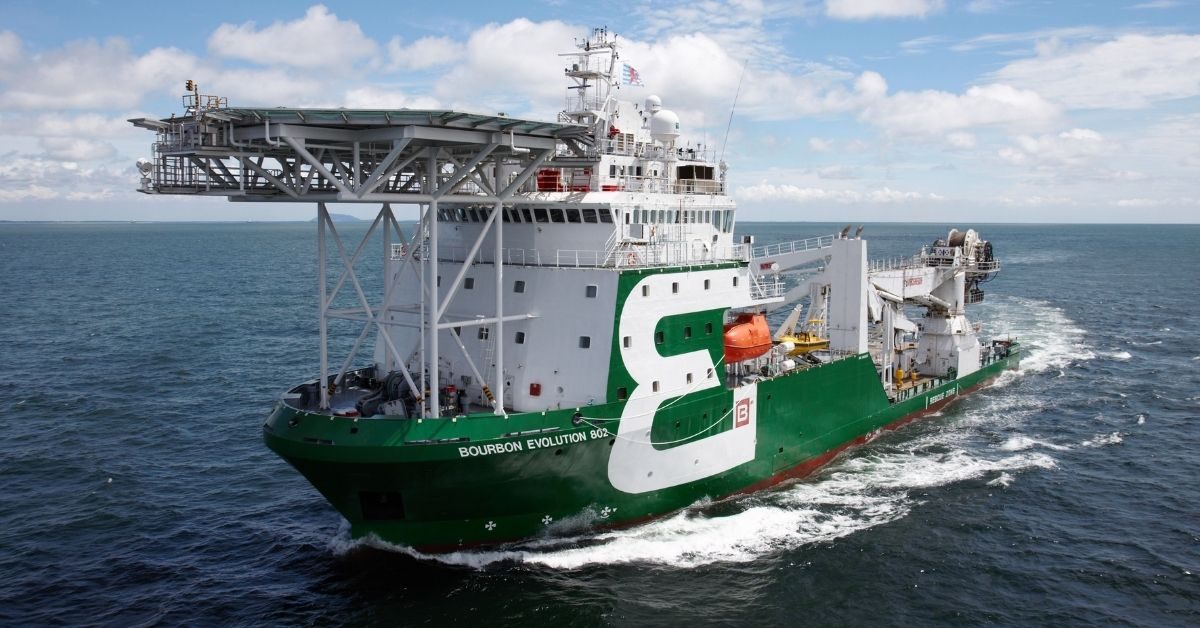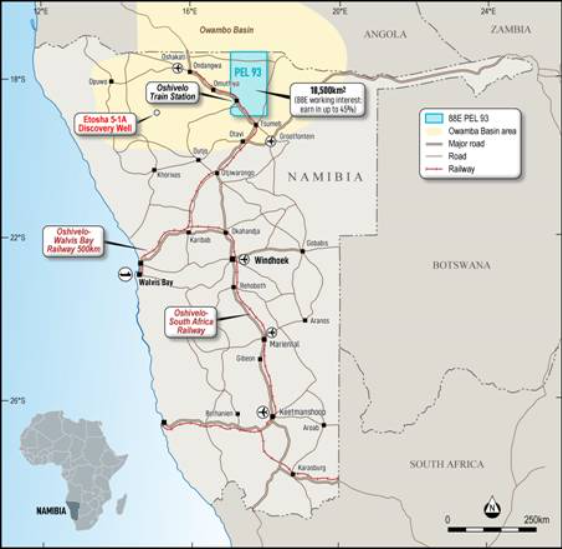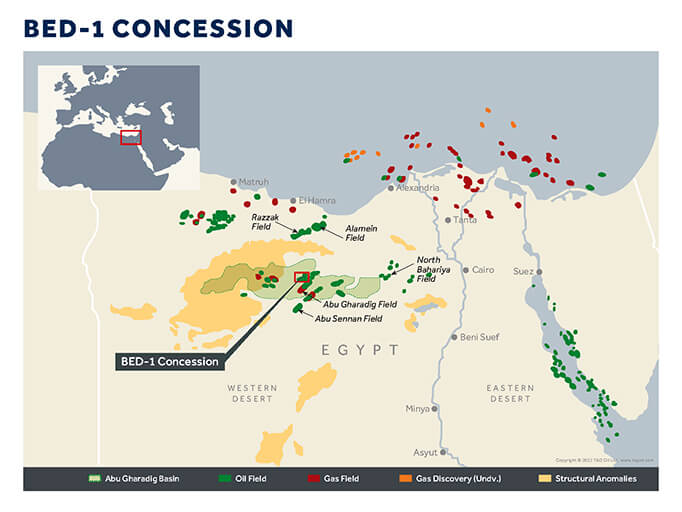Kenya, Sudan sign MoU on Oil and Mining Cooperation
Kenya and Sudan have signed agreements to deepen the two country’s collaboration in oil and mining sector with the East African country hoping to gain from Sudan’s experience in petroleum, gas and mining sectors.
President Uhuru Kenyatta and President Omar Hassan al-Bashir who witnessed the signing of the two MoUs at the Presidential Palace in Khartoum said the agreement on mining will enhance cooperation in the sector for mutual benefit.
The MoU also aims to strengthen cooperation in mineral research and exploration institutions and will boost Kenya’s mineral sector through the exchange of expertise and training.
Before witnessing the signing of the agreements, President Kenyatta was taken on a tour of the Khartoum Refinery Company with a capacity 100,000 barrels per day (16,000 m3/d)as well as the Sudan Gold Refinery which processed 80 tonnes of gold mined by small scale miners in the last one year alone.
Addressing the press after witnessing the signing of the agreements, the two Presidents said Kenya and Sudan continue engaging with each other as neighbours.The two countries shared a common border before the creation of South Sudan.
“Kenya and Sudan are still neighbours despite the fact that there is a new country in between us,” said President Kenyatta.
He said his visit was fruitful and expects mutual gain for both countries.
“We also engaged in discussions on regional matters and how our two countries which are stable nations can contribute to more stability in the region,” said President Kenyatta.
The two leaders discussed how to continue creating stability in South Sudan, Somalia, Burundi, Central Africa Republic and the Democratic Republic of Congo.
On his part, President Bashir thanked Kenya for the role it played in hosting the Naivasha talks that led to a peaceful resolution of the war that raged in Sudan for more than two decades. The peaceful resolution led to the birth of South Sudan.
President Kenyatta also commended President Bashir and the people of Sudan for the positive development on the country’s political landscape.
He said the successful conclusion of the National Dialogue process deserves commendation as it unites the country.
President Kenyatta was earlier in the day briefed on the gains made by the National Dialogue process whose recommendations now await implementation and the resolution of the conflict in the Darfur region of the Sudan.
Sudan has been exporting oil since October 2000 and oil accounts for between 70% and 90% of Sudan’s total exports. The primary importers of Sudanese oil are Japan, China, South Korea, Indonesia, and India. Sudan currently exports about 255,000 barrels a day.











